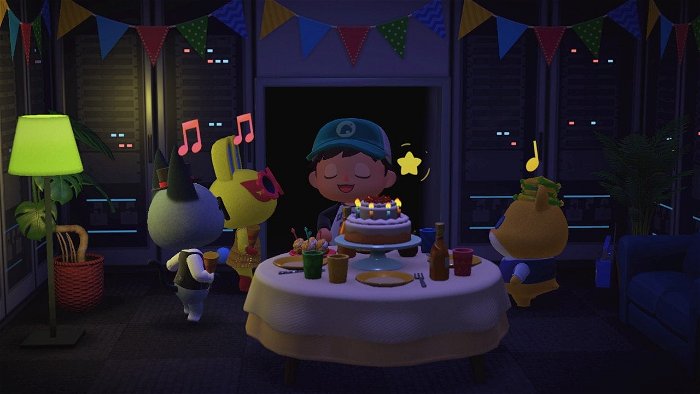A new study out of Oxford University’s Internet Institute suggests a link between playing video games and better mental health.
The study was the first of its kind to use actual gameplay data, polling data from 3,274 gamers in Animal Crossing: New Horizons and Plants Vs. Zombies: Battle for Neighborville. Play time reports were compared to the participants’ well-being surveys, and as reported by The Guardian, the study found “people who played more games tended to report greater ‘wellbeing.'”

Lead researcher Andrew Przybylski emphasized the importance of his study using verified playtime data, as most studies to date have relied on participants self-reporting how much they play. While the study found “if you play four hours a day of Animal Crossing, you’re a much happier human being, but that’s only interesting because all of the other research before this is done so badly.”
Przybylski noted that games with similar social aspects offer a sense of control over one’s life that players may not feel normally, and may have a heightened effect upon players during the ongoing Covid-19 pandemic. “That sense of efficacy, that sense of control over my environment, is something that this crisis has fundamentally robbed me of,” he told the BBC in April.
The OII admits the study focuses on two games appropriate for all ages, and that other genres or outside factors could impact players’ mental health in different ways. Harmful elements like player harassment are mostly blocked from Animal Crossing players who only play alone or with friends, but may be more prevalent in other online games like Call of Duty. “I’m very confident that if the research goes on, we will learn about the things that we think of as toxic in games,” Przybylski said.
Similarly, researchers have previously studied the positive effects of games in easing anxiety — particularly the “Tetris effect” or “flow state” that players can enter when focused on a game. By wholly engaging with a game like Tetris, “You know that what you need to do is possible to do, even though difficult, and sense of time disappears, you forget yourself, you feel part of something larger,” says psychologist Mihály Csíkszentmihályi. The result is a decrease in anxiety.
In other areas of the gaming industry, developers are making conscious decisions about exploring mental health in their games. Ninja Theory consulted neuroscientists to ensure their portrayal of psychosis in Hellblade: Senua’s Sacrifice was destigmatizing and accurate.
(For mental health support in Canada, consult this list of resources at Mind Your Mind.)




